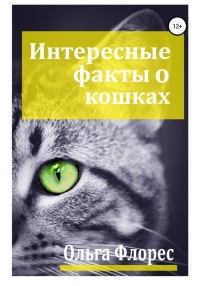Книга Кошки, которые сводят с ума. Почему кошки психуют и что делать с их проблемным поведением - Клод Беата
Читать книгу Кошки, которые сводят с ума. Почему кошки психуют и что делать с их проблемным поведением - Клод Беата полностью.
Шрифт:
-
+
Интервал:
-
+
Закладка:
Сделать
Перейти на страницу:
Перейти на страницу:
Книги схожие с книгой «Кошки, которые сводят с ума. Почему кошки психуют и что делать с их проблемным поведением - Клод Беата» от автора - Клод Беата:
Комментарии и отзывы (0) к книге "Кошки, которые сводят с ума. Почему кошки психуют и что делать с их проблемным поведением - Клод Беата"








